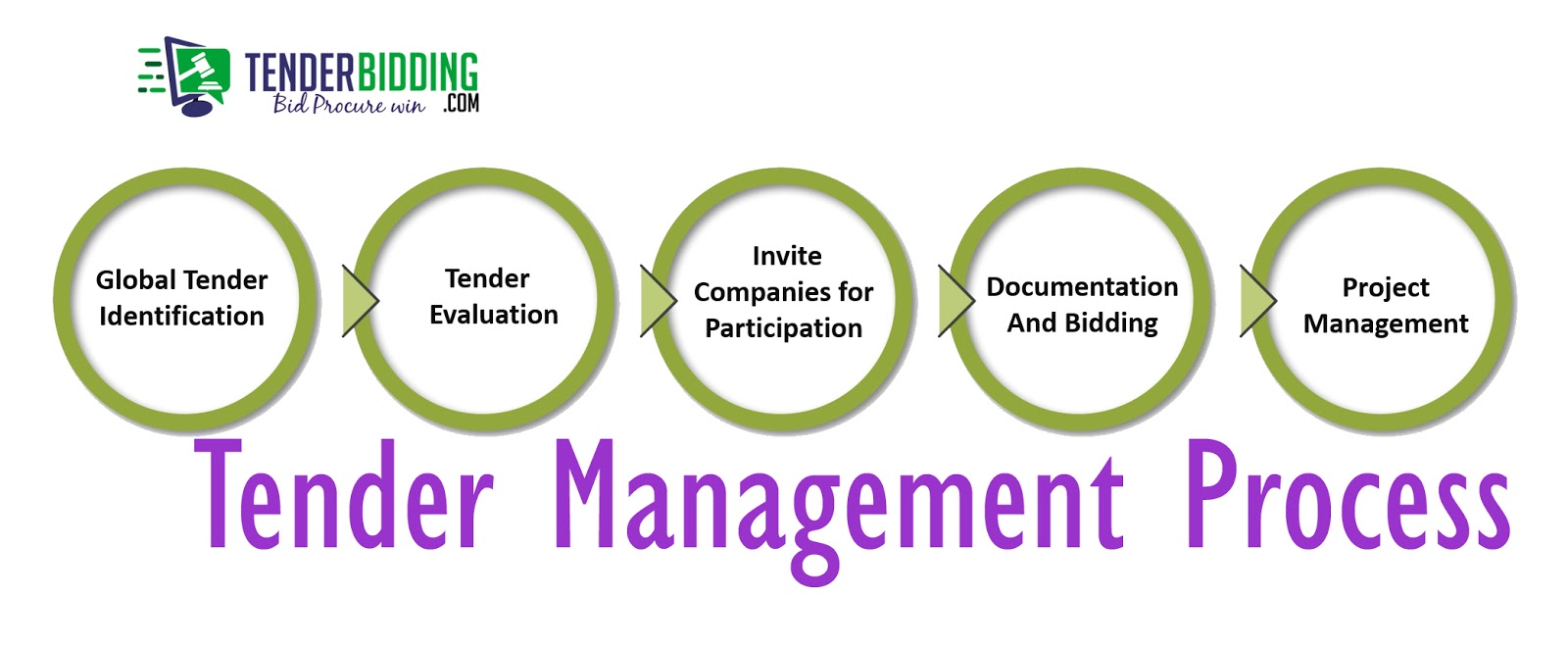Tender management for Australia is a crucial process that involves the strategic planning, execution, and evaluation of tender documents and proposals. This guide will delve into the intricacies of tender management, providing insights into best practices, regulations, and the importance of effective tender management in the Australian market. Understanding how to navigate this complex landscape can significantly impact the success of businesses seeking contracts with government and private entities.
In Australia, the tender management process is governed by various laws and regulations, which ensures transparency and fairness in procurement. Organizations, whether they are small businesses or large corporations, must be well-versed in these principles to enhance their competitiveness. This article will cover the essential elements of tender management, including the role of technology, the importance of compliance, and strategies for building a winning proposal.
As we explore tender management for Australia, it is important to recognize the value it brings to both bidders and buyers. Efficient tender management not only streamlines the procurement process but also fosters healthy competition, ultimately benefiting the economy. Let's dive into the specifics of tender management in Australia and discover how businesses can thrive in this dynamic environment.
Table of Contents
- What is Tender Management?
- Importance of Tender Management in Australia
- The Tender Management Process
- Common Challenges in Tender Management
- Best Practices for Effective Tender Management
- Technology in Tender Management
- Compliance and Regulations
- Conclusion
What is Tender Management?
Tender management refers to the process of managing the preparation, submission, and evaluation of tender documents in response to a request for proposals (RFP) or tenders. In Australia, this process is crucial for both public and private sector organizations that seek to procure goods, services, or works. The tender management process typically involves several key stages:
- Identifying opportunities
- Preparing tender documentation
- Submitting proposals
- Evaluating submissions
- Awarding contracts
Importance of Tender Management in Australia
Tender management plays a vital role in the procurement landscape of Australia for several reasons:
- Transparency: Ensures fair competition among bidders, promoting integrity in the procurement process.
- Cost-effectiveness: Helps organizations secure the best value for their investments by comparing multiple proposals.
- Regulatory compliance: Adhering to legislation and guidelines protects organizations from legal repercussions.
- Risk management: Effective tender management identifies potential risks early in the process, allowing for better mitigation strategies.
The Tender Management Process
1. Identifying Opportunities
The first step in tender management is identifying suitable opportunities. This can involve monitoring government websites, industry publications, and tender notification services. Staying updated on upcoming tenders is essential for businesses aiming to participate in the bidding process.
2. Preparing Tender Documentation
Preparing comprehensive and clear tender documentation is crucial. This includes:
- Executive summary
- Company profile
- Technical specifications
- Pricing structure
- Compliance with requirements
3. Submission and Review
Once the documentation is prepared, the next step is submission. Timely and accurate submissions are critical to ensure participation. After submission, tenders are reviewed and evaluated based on set criteria.
4. Awarding Contracts
After evaluation, contracts are awarded to the successful bidders. This stage involves negotiations and finalizing terms before the project commences.
Common Challenges in Tender Management
Despite its importance, businesses often face challenges in tender management, such as:
- Complexity: The tender process can be intricate, with numerous regulations and requirements to meet.
- Time constraints: Preparing a competitive tender often requires significant time and resources.
- Competition: High competition can make it difficult to stand out among numerous bidders.
Best Practices for Effective Tender Management
To overcome these challenges, organizations can adopt several best practices:
- Invest in training for staff involved in the tender process.
- Utilize project management tools for better organization.
- Engage in thorough market research to understand client needs and preferences.
- Develop strong relationships with stakeholders and clients.
Technology in Tender Management
In recent years, technology has transformed tender management processes. Key technological tools include:
- Tender management software: Streamlines the preparation and submission process.
- Collaboration tools: Enhance communication among team members and stakeholders.
- Data analytics: Provides insights into past tenders, helping businesses improve future submissions.
Compliance and Regulations
Compliance with laws and regulations is paramount in tender management. Organizations must be aware of:
- Public Procurement Act
- State-specific legislation
- Ethical procurement practices
Conclusion
In conclusion, tender management for Australia is a multifaceted process that requires expertise, diligence, and strategic planning. By understanding the importance of effective tender management and adopting best practices, organizations can enhance their competitiveness in the procurement landscape. Whether you are a small business or a large corporation, mastering tender management can lead to greater success and opportunities.
We encourage you to share your thoughts in the comments below. If you found this article helpful, please share it or explore other articles on our site for more insights into tender management and procurement strategies.
Penutup
Thank you for reading this comprehensive guide on tender management for Australia. We hope you found the information valuable and informative. Don't hesitate to return to our site for more articles and insights that can help you navigate the world of procurement effectively.




